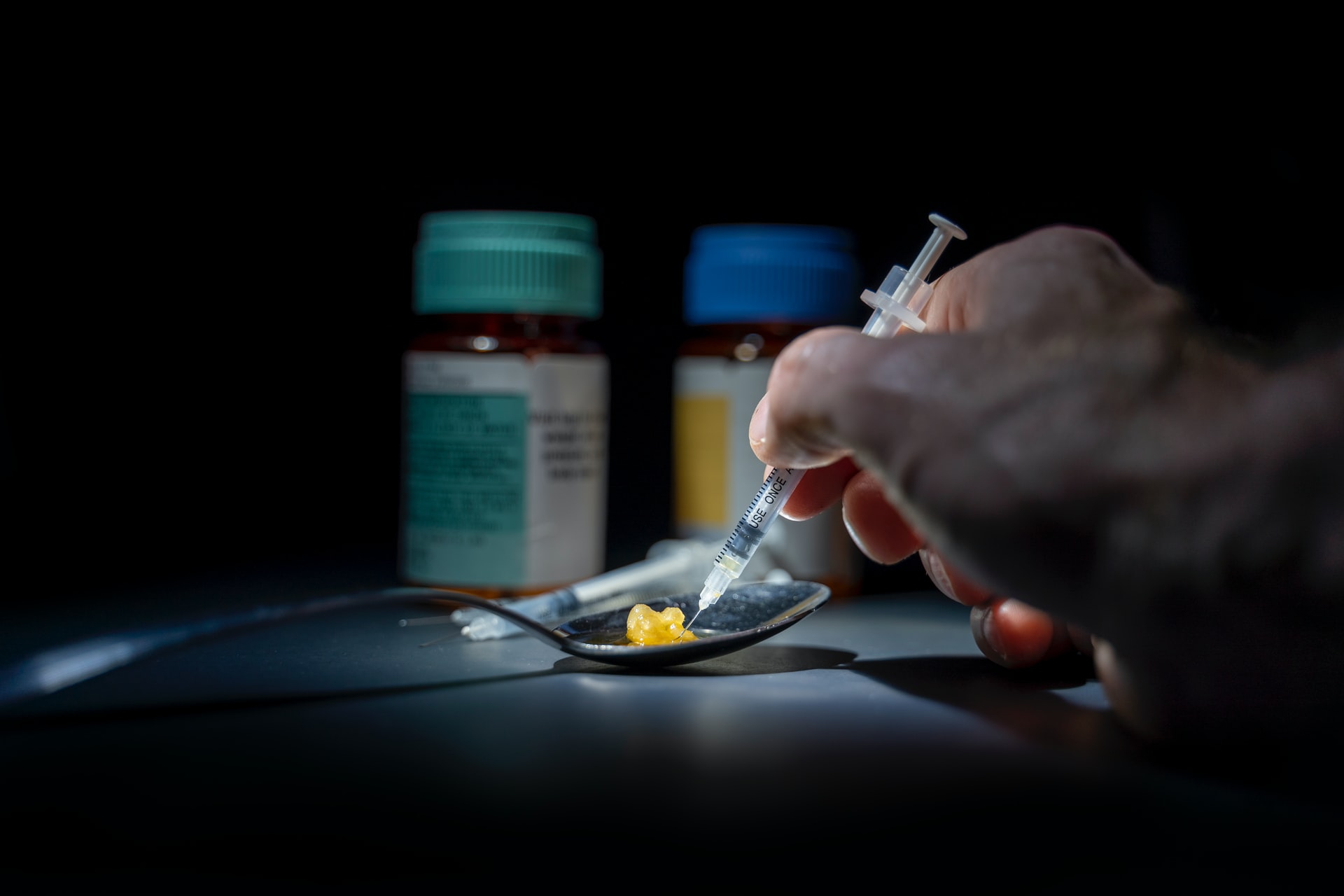
lcoholism and substance abuse disorder may be two of the least-understood diseases in the world. An unhealthy and faulty dependence on drugs and alcohol can often stem from isolation, loneliness, depression, and other mental and environmental health factors. Many non-addicts often state that a person suffering from addiction simply lacks willpower; if only they could “get it together” or just “cut back”, they would be alright. This is a dangerous, antiquated way of thinking and has lead to the stigmatization of an entire demographic of people.
Imagine, would you get angry and dismiss the claims of a diabetic? Taking away their insulin and stating that diabetes “is a matter of will-power” would be absurd and deadly. This is what many people who suffer from AUD (alcohol abuse disorder) and SAD (substance abuse disorder) have to deal with. When an addict says that they really can’t stop, they mean it. Their brain thinks that they need the substance to survive.
The advent of treatment and the attempts at the de-stigmatization of alcoholics and addicts is a very recent occurrence, beginning in the 1930s. Before that time – and even today – people addicted to drugs were seen as unethical and immoral. These people simply suffered from a lack of will-power, the common-sense of the times stated. This lead to treatment that resembled punishment, including shock therapy, electroconvulsive therapy, and even lobotomies. These treatments would often render alcoholics and addicts in an even worse position than they were prior to the treatment.
Addiction treatment has come a long way since then, as addiction is now seen as a medical disorder that requires proper medical attention. This disorder – or disease – of the brain impacts brain function and chemistry, which ultimately modifies an addicted person’s personality, thoughts, and behaviors. While drug addiction may start off as voluntary use, many people lose control of their use somewhere down the line. It ceases to be a matter of will-power and becomes a mental, physical, and spiritual issue.
Drug abuse turns into drug addiction when a person is no longer able to control the amount of the drug they take. Many people who are addicted to drugs cannot imagine a life without their substance of choice, and do things that they would never normally do to acquire drugs and alcohol. It is often said that once a person’s drug abuse begins to seriously impact the quality of their life, and they cannot stop despite these consequences, they have crossed the threshold.